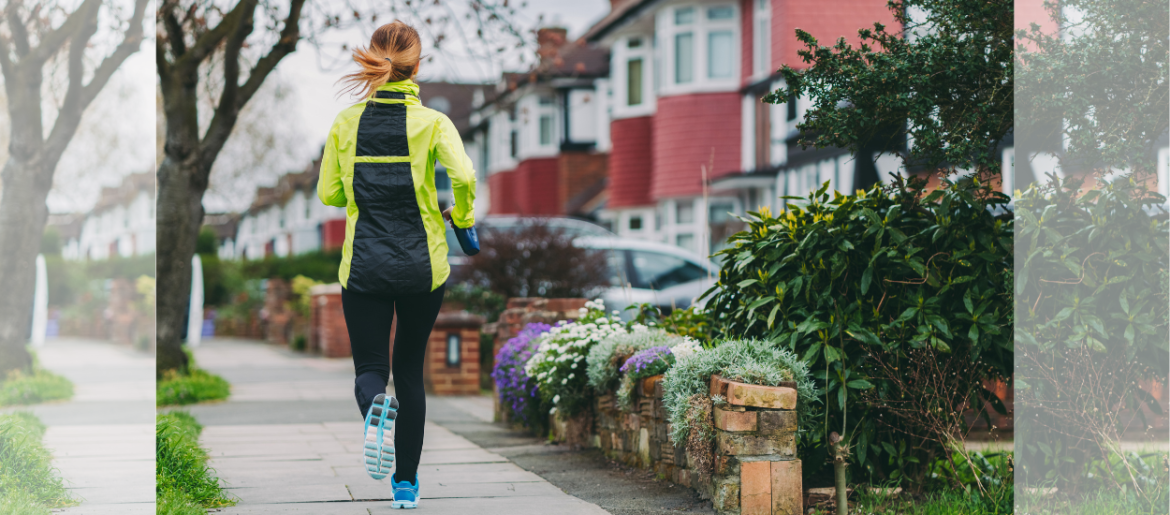The study, by Dr. Caroline Miles and Professor Rose Broad from The University of Manchester, found women surveyed in Greater Manchester and Merseyside suffered from threats, verbal abuse, being flashed at, physical and sexual assaults, and having objects thrown at them while out running.
Of the survey respondents, 68% said they had experienced some form of abusive behavior. The most common type was verbal abuse, with 58% of the women who responded reporting that they had experienced this. However, a substantial number of women also said they had been followed while out running (19%), flashed at (7%), or received other types including abuse from men in vehicles (13%). Thirteen women said they had been physically assaulted while out running, and seven women had been sexually assaulted.
Despite the high prevalence of abuse, 95% of women respondents who said they have experienced it said they did not report it to the police. Of those who did report it, most indicated there was some follow up and support but no substantial outcome, often because the perpetrator could not be identified.
For the women who said they did not report abuse to the police, a variety of reasons were given including the abuse of women in public being so normalized that experiences are perceived as trivial and part of everyday life, not judging incidents to be criminal offenses, not wanting to waste police time, and doubts over whether the police would be interested or take their report seriously.
Perhaps not surprisingly given their experiences and perceptions, 82% of respondents said that they worried about their personal safety while out running. The respondents took a magnitude of measures to enhance their feeling of personal safety, including taking other items for safety alongside their phones such as their keys (held between their fingers as a weapon), watches (Apple watches, Garmin or Strava), personal alarms (including rape alarms), dogs and lights or reflective clothing.
“As a runner who has been a member of various clubs, I was aware anecdotally of women’s experiences of abuse while running and the impact that this had on their confidence and their concern for personal safety,” said Rose Broad. “These experiences were also reflected in other research and campaigns, such as the survey conducted by Runner’s World and the Reclaim The Run campaign and the survey conducted by Adidas.
“The project allowed us to build a picture of women’s experiences across Greater Manchester and Merseyside of both the abuse women receive while running, and whether they choose to report these incidents to the police.”
“In terms of the importance of the research, it is the first piece of criminological research highlighting the abuse of women runners, which is a hidden form of gender-based violence and abuse,” said Caroline Miles. “It is also important in revealing the normalization of abuse experienced by women runners, due to the frequency with which women runners experience abuse, and the various risk assessments and measures women take on a day-to-day basis before heading out for a run.
“We hope that the findings from the research will raise awareness of this issue, feed into urban planning and police prevention strategies, empower women to report experiences of abuse and encourage bystanders to intervene.
“Most importantly, work needs to be done to shift the onus of responsibility for women runners’ safety from women to the people who perpetrate this form of abuse. We are planning a further project incorporating a public health perspective, and as part of this, we would like to feed into work with boys and men to challenge the attitudes and norms that underpin this form of gender-based abuse,” says Miles.
Source: PHYS.ORG


